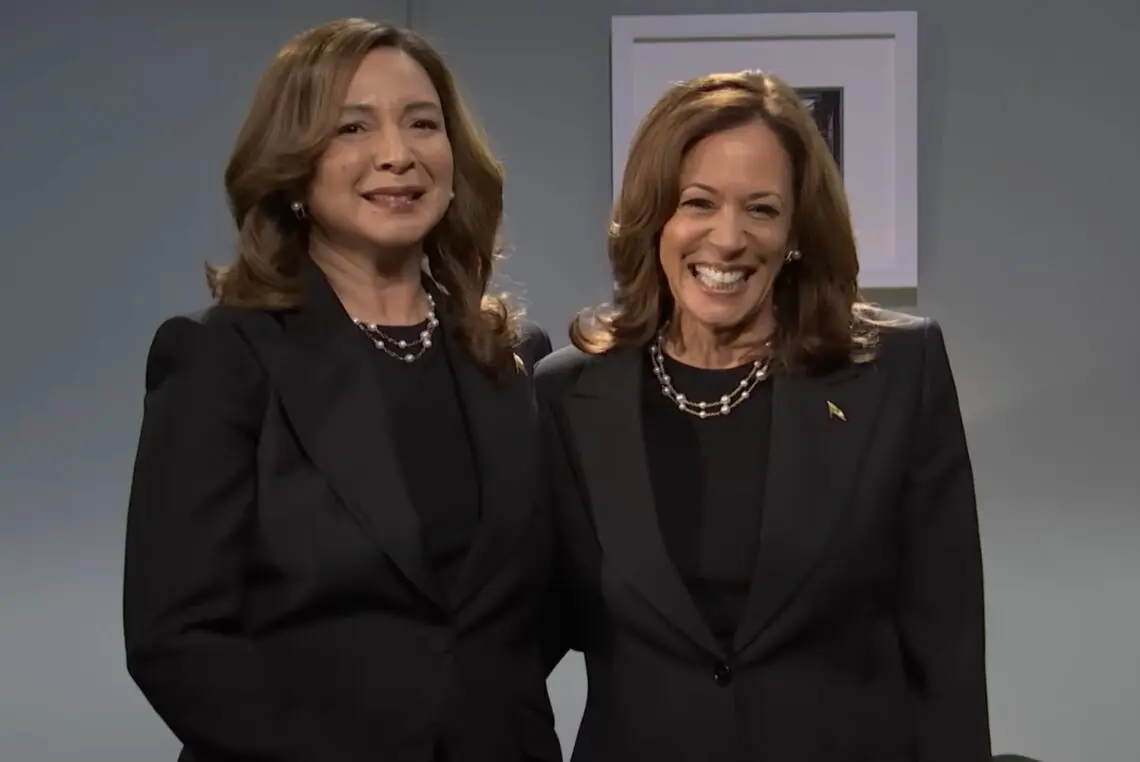Kamala Harris’s surprise ‘SNL’ appearance sparks FCC Equal Time rule debate
Harris’s cameo on ‘SNL’ stirs controversy
Kamala Harris’s unexpected appearance on NBC’s “Saturday Night Live” on November 2 has ignited a fierce debate about the Federal Communications Commission’s (FCC) Equal Time rule. In a pointed social media post, Republican commissioner Brendan Carr accused the show of attempting to skirt this regulation, which aims to ensure fair media access for all political candidates.
Analyzing the FCC’s Equal Time rule
The FCC’s Equal Time rule is central to this controversy. Designed to prevent bias in broadcasting, the rule mandates that if a broadcaster gives airtime to one legally qualified candidate, they must offer equivalent opportunities to opposing candidates. However, bona fide news exemptions exist, which complicates the application of this rule.
Key Points of the FCC Rule:
- Fair Access: Ensures no candidate gets disproportionate airwaves access.
- Comparable Time: Provides comparable broadcasting time, but not identical programming.
- Exemptions: Certain news programming may be exempt from this rule.
Brendan Carr’s critique before ‘SNL’ aired
Prior to Harris’s cameo, Carr voiced his concerns on social media. He expressed that the rule aims to prevent broadcasters from using public airwaves to favor a candidate just before an election. Unless “Saturday Night Live” offered equal airtime to other campaigns, Carr argued, the show could be seen as engaging in partisan behavior.
The substance of the sketch
In the controversial cold-open sketch, Kamala Harris, portraying herself, interacted with Maya Rudolph, who has famously played the vice-presidential candidate on the show. Their banter included jabs at Donald Trump and emphasized ending “the drama-ala.” The playful and politically charged dialogue had Harris saying, “end the drama-ala,” which was met with audience laughter and applause.
Rudolph and Harris: a comedic duo with a message
The skit unfolded in a light-hearted manner, featuring Rudolph saying, “Take my palm-ala,” and Harris responding with rhyming phrases aimed at softening the tense political climate. The performance cleverly mixed humor with subtle political messaging, engaging the audience without heavy-handed partisanship.
Did ‘SNL’ offer Trump equal airtime?
Amid the uproar, a crucial question remains unanswered: Did “Saturday Night Live” extend an invitation to Trump’s campaign to appear on the show? NBC has not commented on whether such an offer was made.
Historical Context:
- Trump on ‘SNL’: Trump has hosted “SNL” twice, once in 2004 and during his presidential campaign in 2015.
- 50th Season: This season marks the 50th anniversary of “Saturday Night Live.”
The stakes of the Equal Time rule
The equal opportunity mandate of the FCC’s rule underscores the importance of balanced media representation, particularly during election periods. As the debates around media influence continue, the enforcement and interpretation of these regulations remain critical.
Behind the scenes: Harris and Rudolph’s dynamic
Adding to the intrigue, “Saturday Night Live” posted a behind-the-scenes clip featuring Harris and Rudolph, showcasing the chemistry and collaborative effort that went into crafting their segment. This peek behind the curtain offers viewers a glimpse into the creative process and the comedic synergy between the two performers.
The broader implications
This incident highlights broader questions about the role of entertainment media in politics and the fine line between comedy and propaganda. Shows like “Saturday Night Live” have a long tradition of political satire, which can influence public perception and voter behavior.
Considerations for Media Analysis:
- Impact: How satire shapes political discourse.
- Regulations: Balancing creative freedom and regulatory compliance.
- Public Perception: Viewer interpretation of politically charged comedy sketches.
Final thoughts
Kamala Harris’s appearance on “Saturday Night Live” not only entertained but also reignited debates about media fairness and political regulation. The skit, filled with humor and subtle critiques, underscores the continuing tension between media portrayal and political neutrality. With no conclusive comment from the FCC or Trump’s campaign, the discussion about the Equal Time rule and its enforcement is far from over.
Let’s continue this conversation on social media and stay updated with the latest insights on how politics intertwine with entertainment.
For more in-depth analysis on movies, series, and their cultural impact, explore the extensive collection on our platform.

 Italian
Italian







